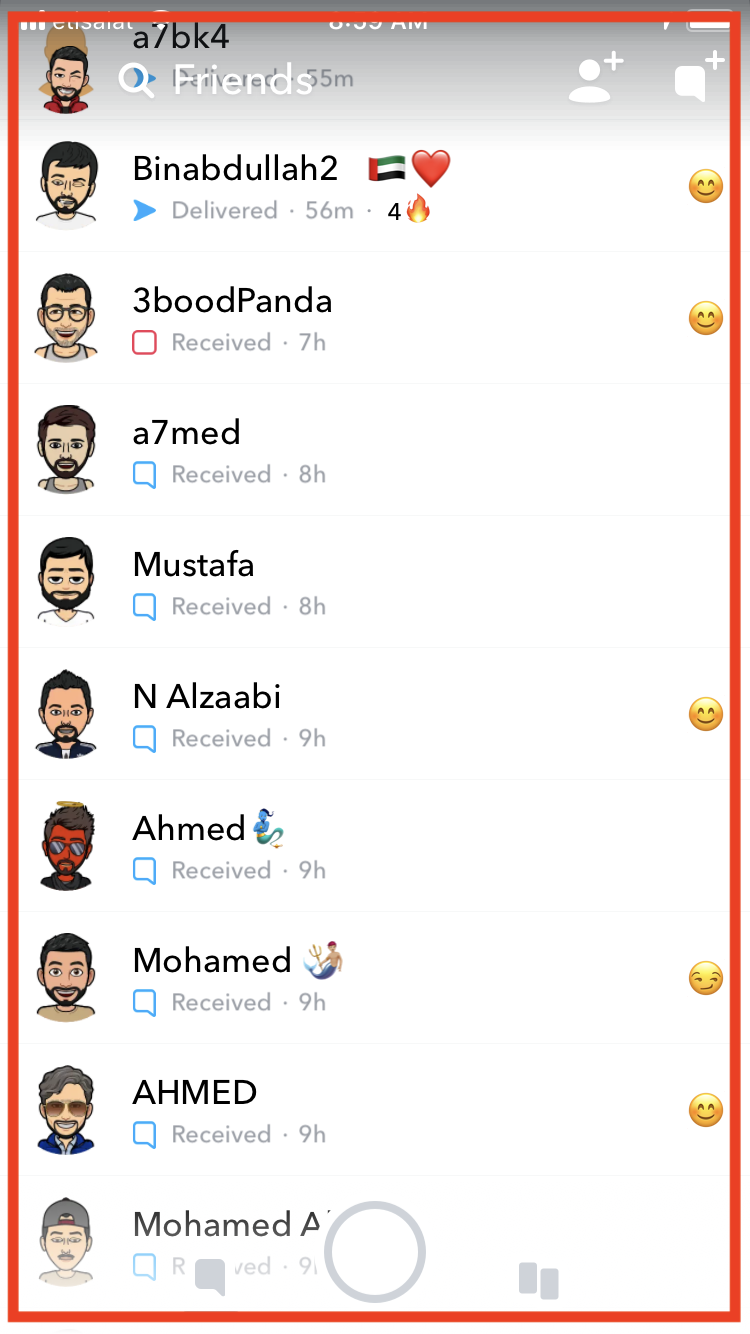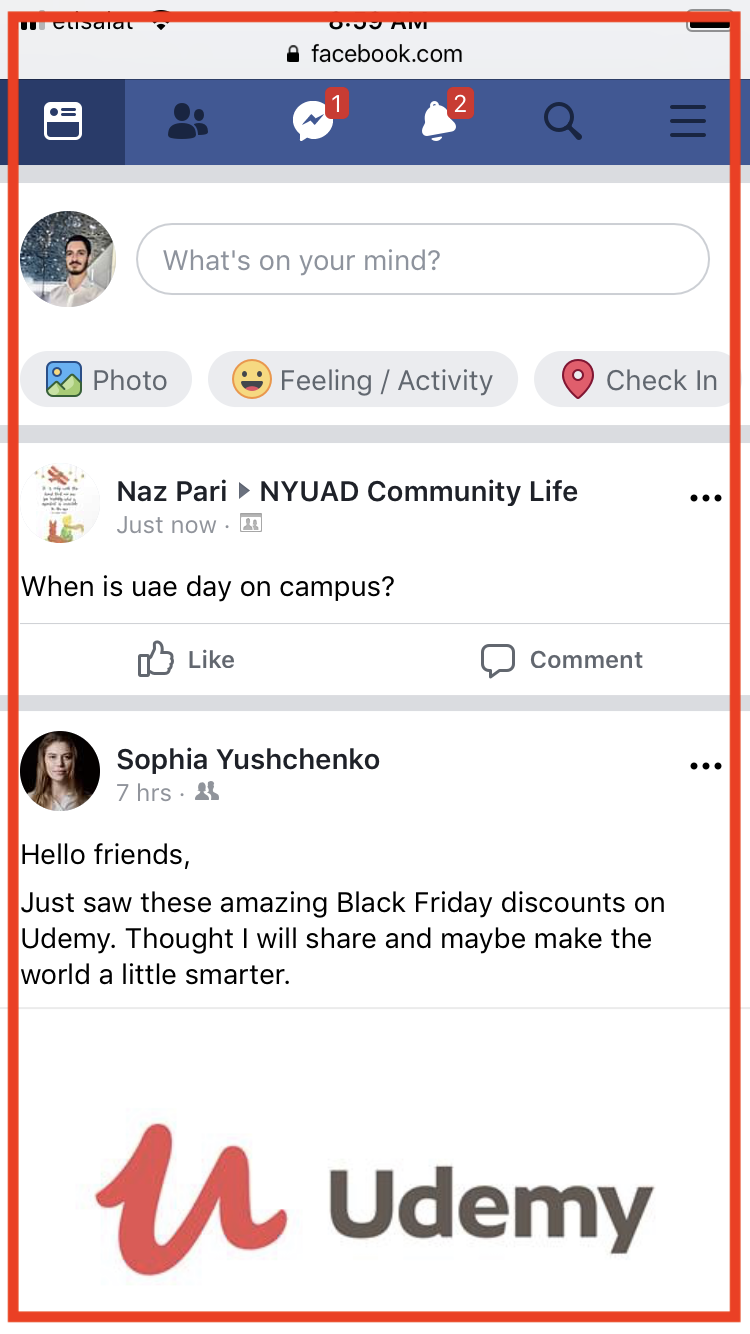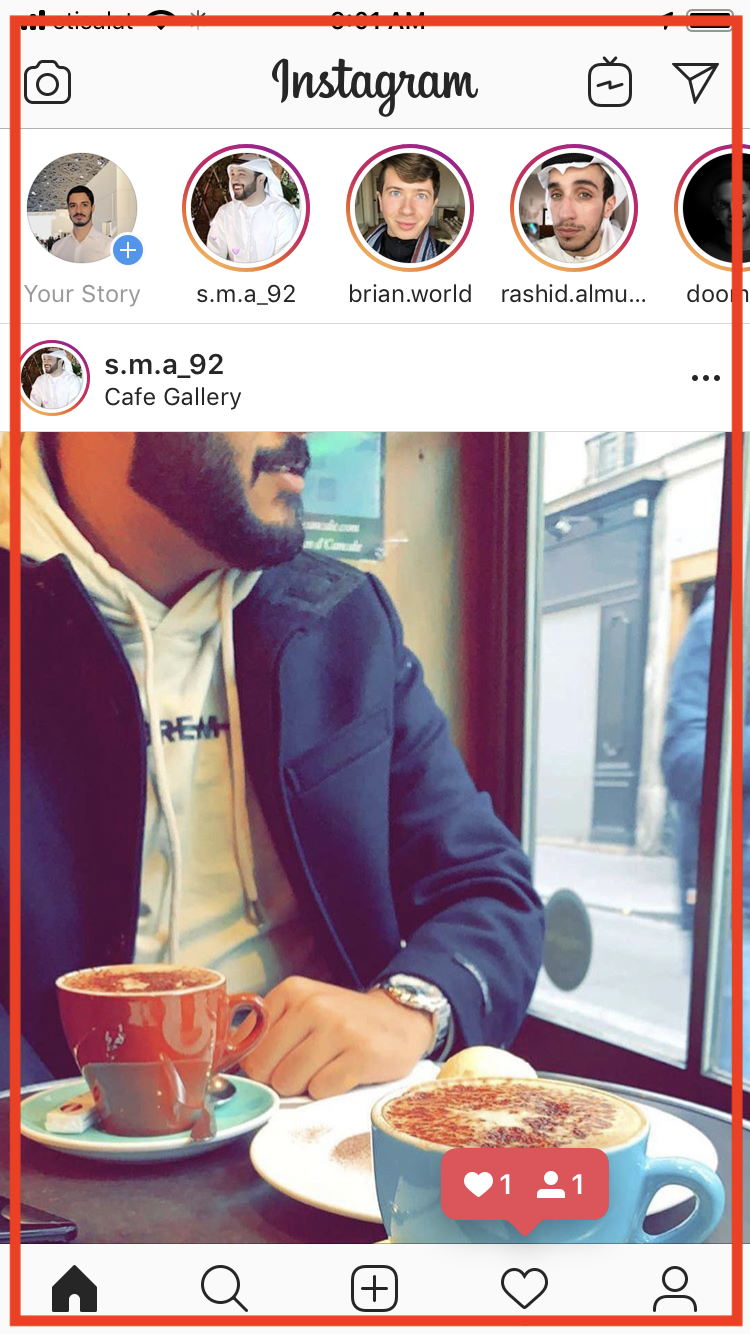The excerpts from Digital Cosmopolitans that I read offered an interesting but not uncommon or illogical view of the role of internet in shaping modern society. Media scholar Ethan Zuckerman explains in this book why having the ample technological ability to communicate with someone does not necessarily lead to having deeper and stronger human connections. Essentially, the author argues that the human tendency to group with similar others means that most of modern human interactions, be it online or in person, happen with a small set of people who have a lot in common. In examining this fundamental tendency, Zuckerman draws on his own work as well as the research in psychology and sociology to highlight technology’s role in the opposite than what we might assume – disconnecting ourselves from the rest of the world.
I have come across Zukerman’s view a number of times, and I think people are beginning to realize the unintended consequences of easy access to any communication technologicy nowadays. However, Zukerman’s point still resonated with me personally. As I reflect on my experience here in NYUAD, a university that is supposed to be truly global and diverse, I quickly realize that my closest people are the ones that have the most in common with me, not the ones who are different or diverse. Exploring my social media feeds, my chat’s history, it is clear that technology had made it incredibly easy to identify the people who have common interests, values, and views as my own and my social connections have formed around them. This translates to my social interactions outside of the university too; the people that I communicate outside are also the ones who have very similar values and views. Putting that into perspective, it seems that out of all of the possibility for communication and interaction on campus and in this country, I have somehow formed connections with the people who are most similar to me, and it seems that technology was the catalysts that made it possible to first identify those people, and second engage with them.
The second point of Zukerman’s argument that technology actually makes people disconnected from the world around them also holds strength in my personal experience. Going back to the example of my social circle on campus, the various forms of ‘staying up-to-date’ or ‘keeping in touch’ with people has resulted in me putting much less effort to engage with people in person or to dig a deeper connection. Endless information about everyone pops up on my Facebook, Instagram, and Snapchat feed every morning, when I instantly know where everyone has been, what coffee they’ve had, what interesting happened in their day… etc. I easily have access to lot of surface information about my social circle (sometimes even unintended or unasked for information). Hence, I make less of a conscious effort to dig for this information myself by asking people directly or in person. And even when we meet in person and have a conversation, my background knowledge of their activities already gives us a topic of discussion that is readily available, perhaps interesting, but often taking precedence over other topics that might be more valuable and enriching on a personal level or that might deepen our connection, rather than discussion something that we already know about each other.
Following the somewhat simplistic self-reflection, I decided to ‘rewire’ my internet communications by changing the way I interact with people and the way I learn about the people around me on a daily basis. The most effective way to do so for me was to fundamentally change my source of information about my group of friends. To achieve this, I decided to eliminate completely the social apps I use the most, the abovementioned Facebook, Instagram. Instead, I chose to focus on more human and person-to-person interaction by communicating to my friends directly on the phone, or via text massage if they couldn’t talk (or didn’t want to). So for 24 hours my primary communication was people was phone calls and sms texts. No picture sharing and liking, no dramatic posts, no stories of sunrises and sunsets, nothing easily available for everyone. If I wanted to know something, I had to ask for it.
In the aftermath of the rewire experiment, I understood a bit better the extent to which social media has made it so easy to share personal information, yet so difficult to engage with people directly. Maybe not so much for me, but for some of my friends it seemed strange to talk on the phone for every little thing, or not to know what I am doing due to the absence of story on my Snapchat. Some friends even texted me on WhatsApp to see if I am alright or just too busy as they got worried by the absence of any updates and replies on Snapchat. Even when prompting people to open up about their day and their experience, I felt they found it burdensome to have to re-explain everything they already had posted on social media in the forms of stories, updates, pictures, etc, or to think of the highlights of their day without referring to their social media. This prompted me to think how superficial some of my connections have become, as Zukerman suggested, as a consequence of the ease of access to communication technologies I have become somewhat disconnected from the people around me who may not be as active on social media, or with whom I don’t have the chance to engage in person very often. To end on a positive note, Facebook, Instagram, and Snapchat has made it possible to stay in touch with those people that I cannot meet in person often and having some sense of connection with each other, which is better than nothing at all.



